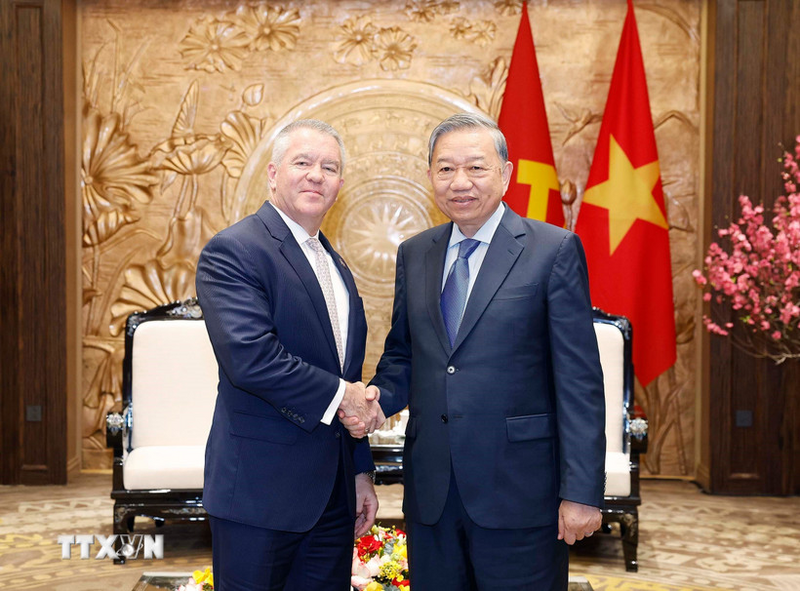
Vietnam ready to deepen comprehensive cooperation with the US
19:05 | 23/03/2025 08:30 | 15/02/2026News and Events
In the context of economic restructuring and efforts to boost national competitiveness, Vietnam’s supporting industries are increasingly recognized as a crucial foundation for industrial development. Speaking with the Industry and Trade Newspaper, Ms. Bui Thi Hong Hanh, Vice President of the Vietnam Association for Supporting Industries (VASI) and Director of NC Network Vietnam, shared her insights into recent progress, challenges, and solutions to strengthen the sector’s position in the global supply chain.
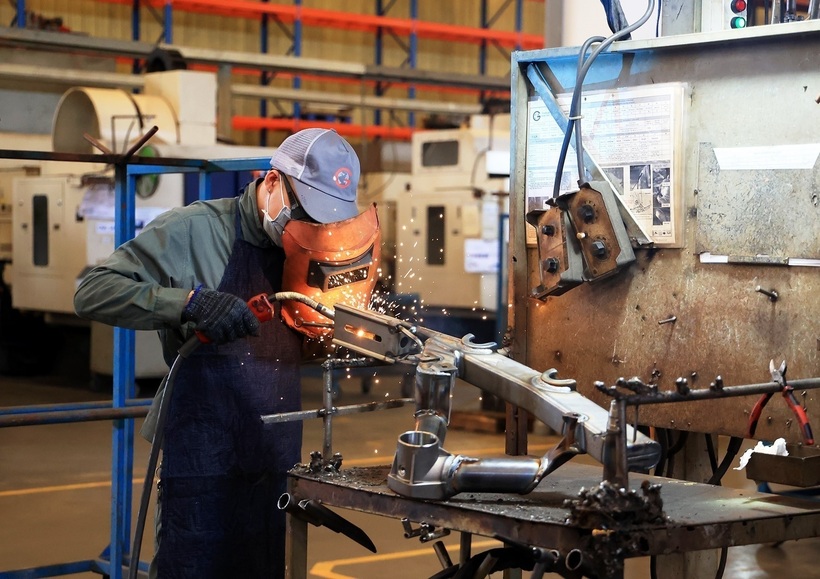
Vietnam’s supporting industries are increasingly recognized as a crucial foundation for industrial development.
Vietnamese enterprises proactively join global supply chains
According to Ms. Hanh, when she first joined the supporting industry in 2006, the number of enterprises operating in this field was very small, mostly state-owned, and finding local partners for Japanese manufacturers was extremely difficult.

Ms. Bui Thi Hong Hanh, Vice President of the Vietnam Association for Supporting Industries (VASI), during an interview with the Industry and Trade Newspaper.
“Back then, JETRO started publishing an annual White Paper listing Vietnamese companies capable of participating in Japanese buyers’ supply chains,” she recalled. “In the early 2010s, there were only around 100 enterprises on that list. Today, there are more than 300, most of them already supplying major FDI corporations or directly exporting.”
VASI, when founded, had just over 40 members. Now, it counts nearly 400 official members and more than 700 when including smaller firms. “Our members are no longer passive subcontractors,” Ms. Hanh said. “They set their own standards, propose technical improvements, and engage in equal discussions with foreign partners.”
Still, she noted that challenges persist, especially in sourcing raw materials and developing high-tech capabilities. “Some pioneering companies have started producing semiconductor components as small as a fingertip but with very high added value. These are early but significant steps toward global integration.”
Building connections, strengthening supply chains
Recent years have seen stronger trade promotion efforts linking domestic suppliers with foreign buyers. “Together with the Ministry of Industry and Trade, VASI has organized numerous business matching events,” Ms. Hanh said.
She highlighted the September 2025 exhibition in Hanoi, which attracted nearly 400 enterprises, including many international participants. “Vietnamese companies are becoming increasingly proactive. They no longer wait for opportunities, they seek out partners, approach global manufacturers like Panasonic, and expand their product clusters,” she emphasized.
To facilitate such connections, VASI organizes over 30 technical exchange sessions each year by industry and region, helping businesses share experience, collaborate, and upgrade production.
However, she admitted that “some domestic supply chains remain fragile due to gaps in management capacity and quality control. To move forward, we need to enhance training, technology transfer, and management systems so that Vietnamese enterprises can become reliable parts of global value chains.”
Practical policies and stronger linkages needed
Ms. Hanh pointed out that the challenges facing supporting industries come from both internal and external factors.
“From the inside, the main weakness lies in technology,” she said. “Many small firms still lack R&D teams, qualified engineers, and skilled young workers passionate about manufacturing. They need not only self-effort but also systematic support in training, technology, and market access.”
Externally, issues like industrial land costs, limited access to capital, and policy barriers remain pressing. “Land rents in industrial zones are often too high for small firms. Meanwhile, modernizing machinery requires large investment, but access to preferential loans or state support is still limited,” she explained.
Facing this reality, Ms. Hanh urged businesses to take the initiative in upgrading technology and shifting from producing single parts to complete component modules. She also revealed that VASI will open representative offices in Osaka and Tokyo in 2026 to support Vietnamese suppliers in approaching foreign markets and after-sales services.
At the same time, VASI is strengthening cooperation with FDI partners such as Fuji, holding regular technical discussions to help Vietnamese manufacturers reach international standards. Specialized exhibitions, she noted, have become “gateways” attracting more than 1,000 international buyers from the US, Europe, and Japan last year alone.
A call for supportive policies
To accelerate progress, VASI has proposed several recommendations: (I) Introduce flexible factory leasing and purchasing policies to help small enterprises join global supply chains. (II) Reduce loan interest rates and review VAT for production equipment investment. (III) Establish a monthly dialogue mechanism between the Agency for Industry, local Departments of Industry and Trade, and VASI to address business challenges. (IV) Expand supporting industry exhibitions in both northern and southern regions to increase trade promotion. (V) Allow VASI to participate in evaluating and recommending supporting industry enterprises, ensuring fairness, transparency, and administrative efficiency.
“These practical actions, if implemented synchronously, will help Vietnamese supporting industry enterprises not only strengthen their internal capacity but also integrate deeper into global value chains,” Ms. Hanh affirmed.

19:05 | 23/03/2025 08:30 | 15/02/2026News and Events
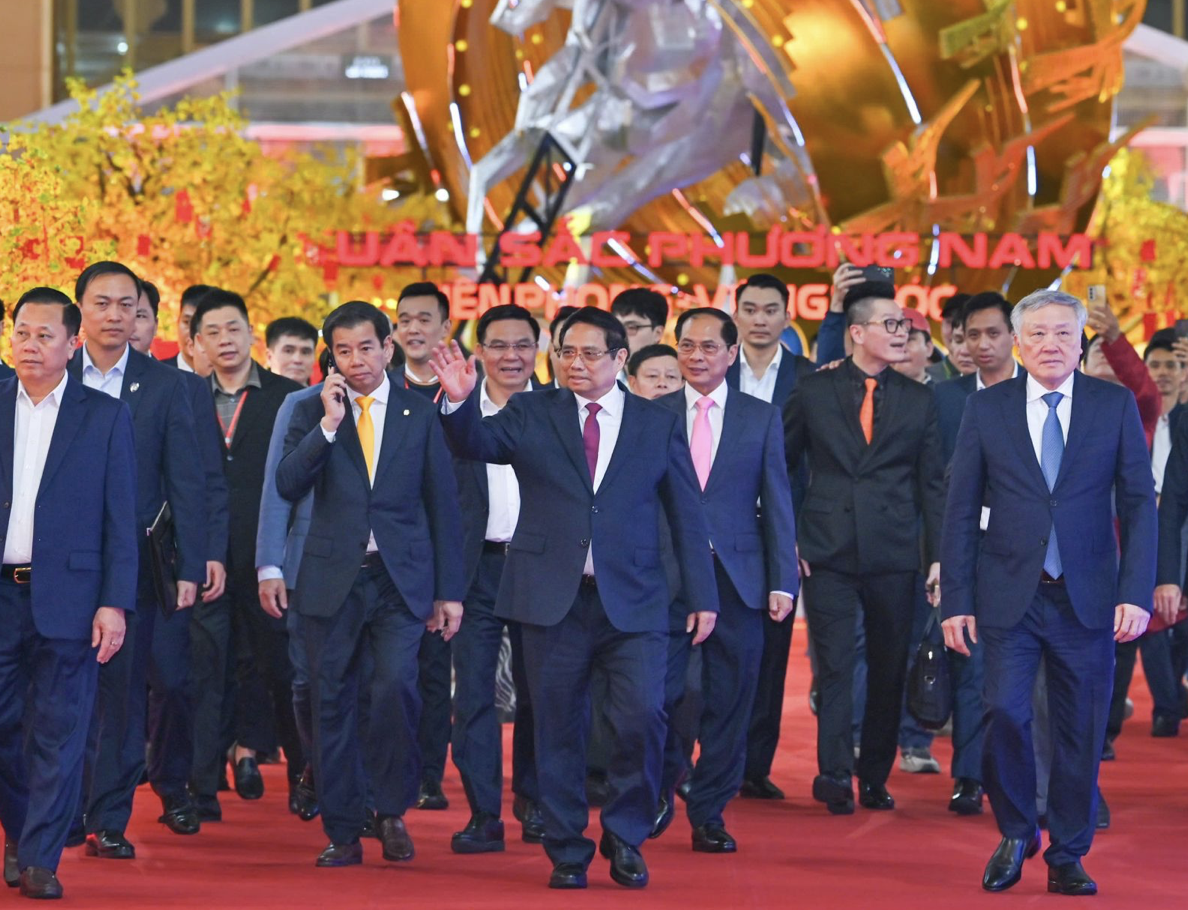
19:05 | 23/03/2025 08:25 | 15/02/2026News and Events
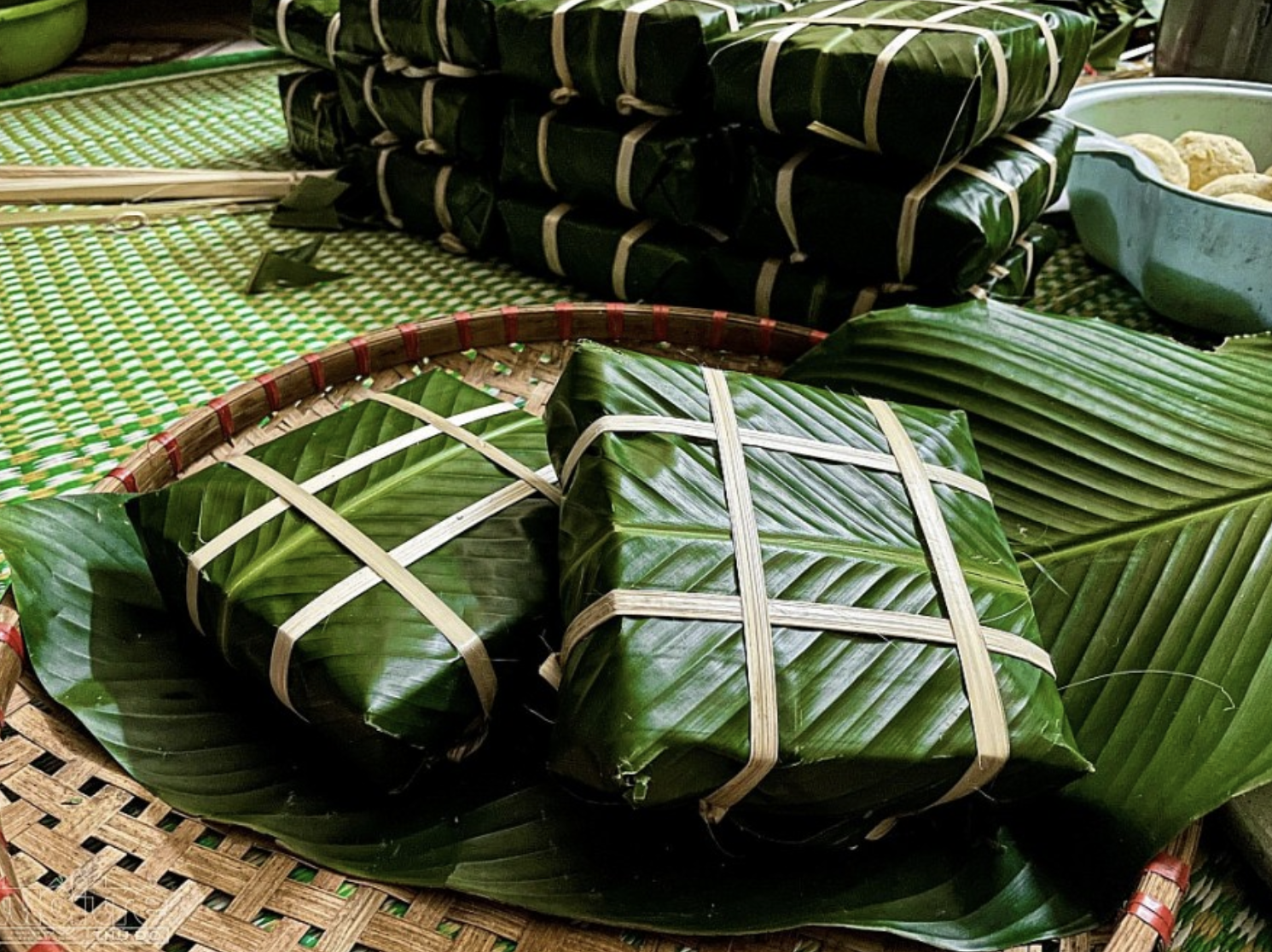
19:05 | 23/03/2025 16:44 | 14/02/2026Tourism
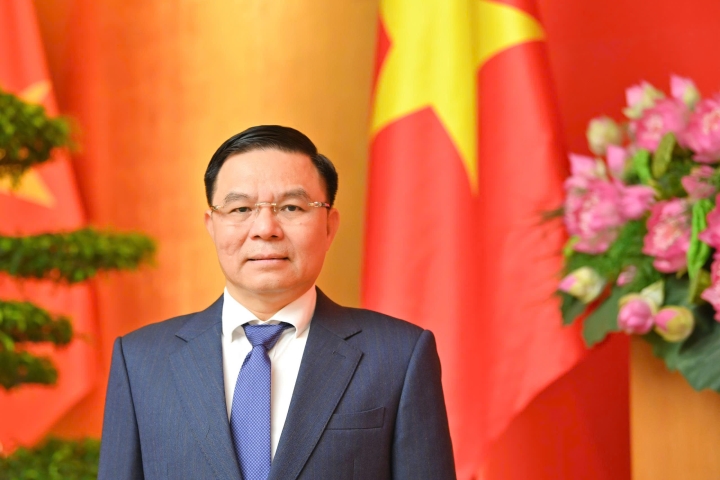
19:05 | 23/03/2025 16:33 | 14/02/2026Home Page
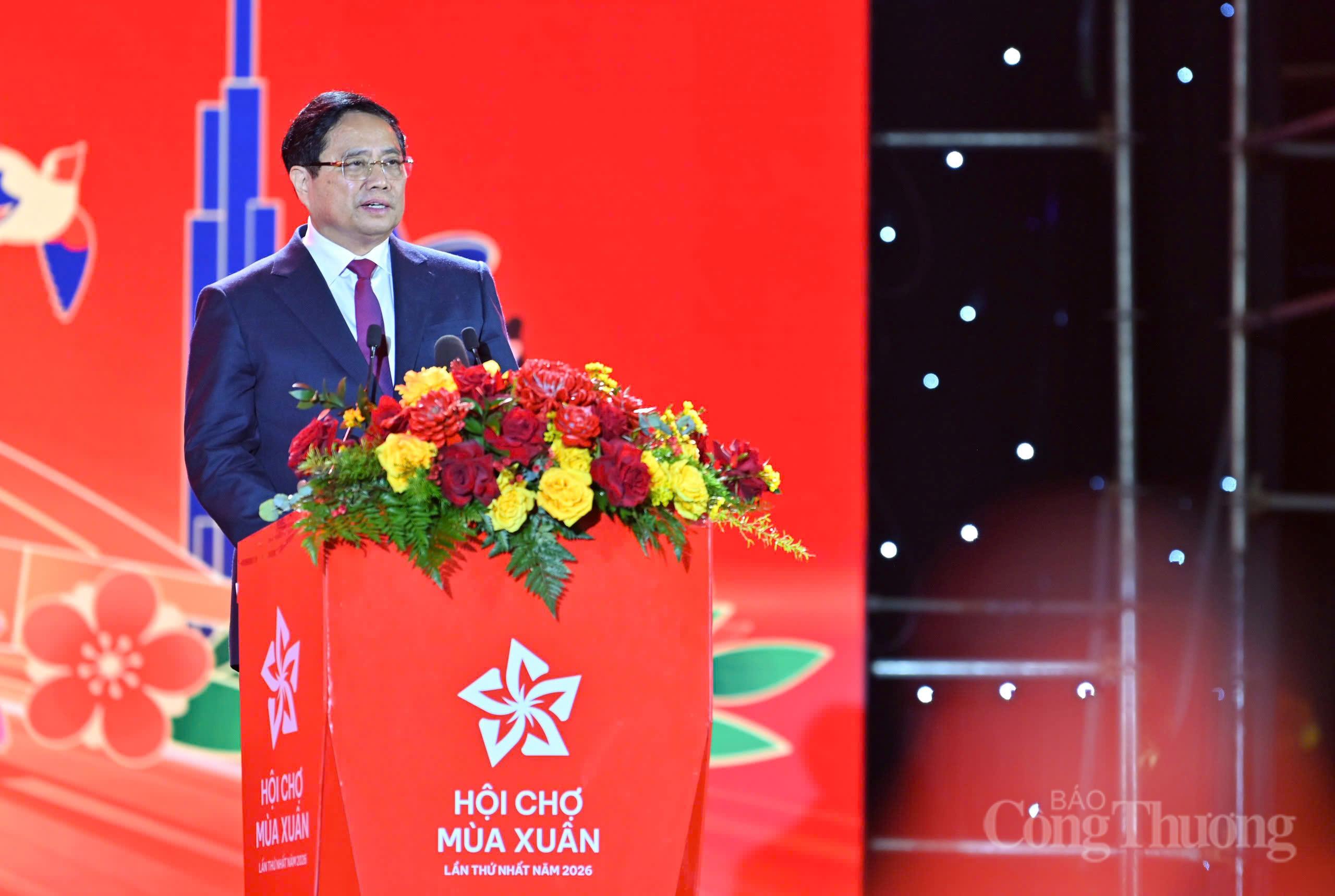
19:05 | 23/03/2025 16:32 | 14/02/2026Trade